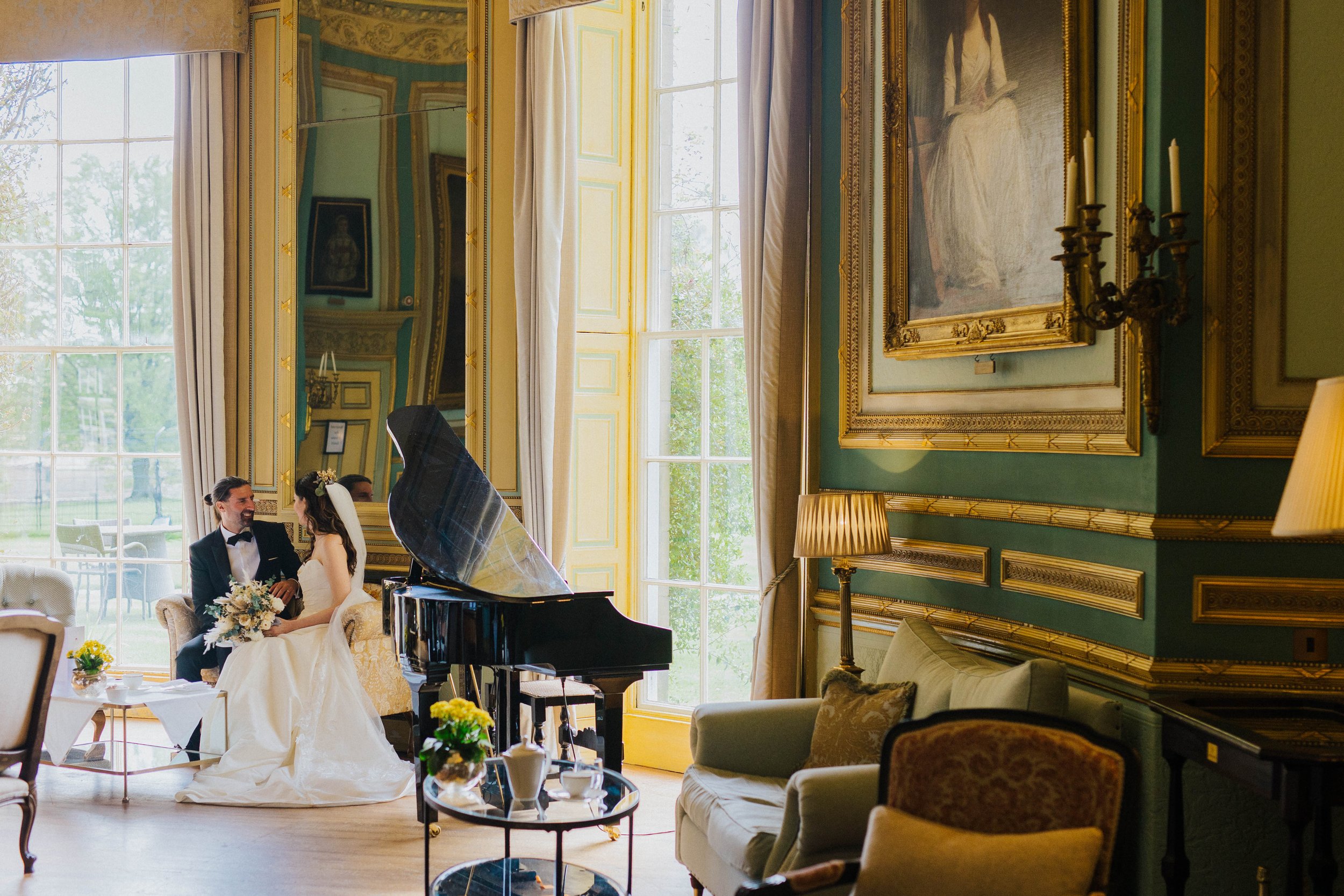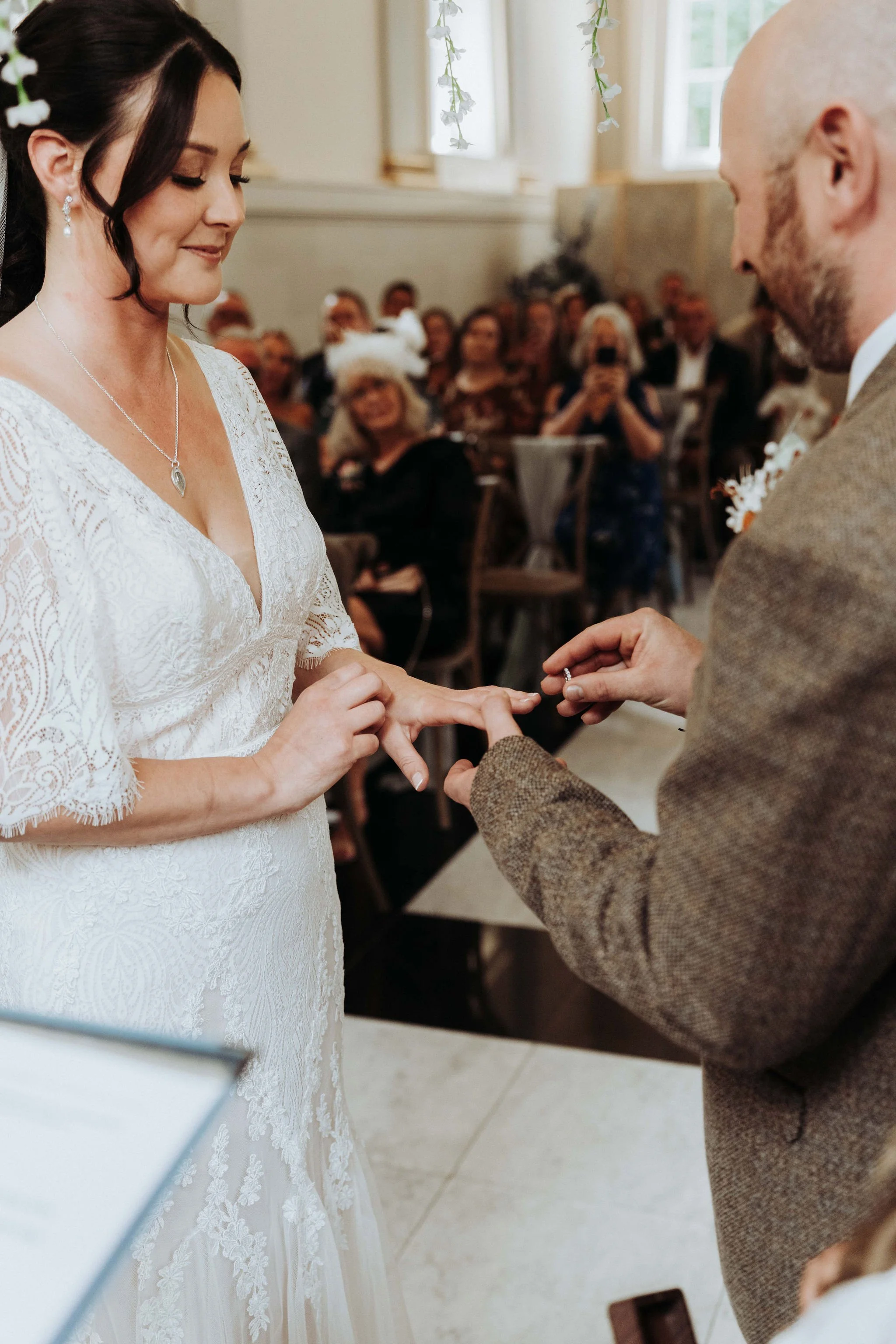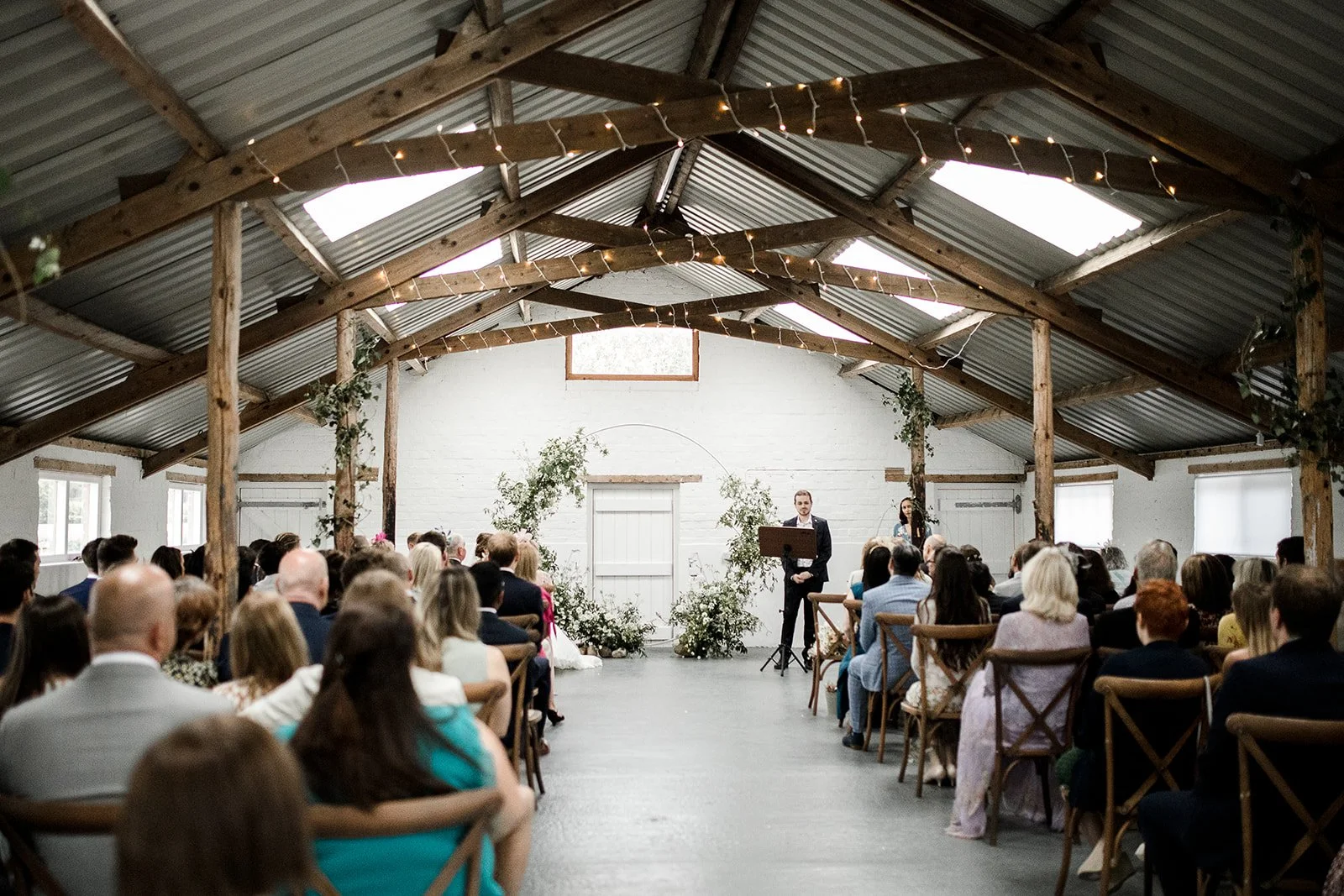
When I’m not attending weddings or drinking tea, I’m mostly thinking about weddings.
When I see a good idea or read about something new, I write about it here. Dive in to see some of my favourite weddings around Yorkshire, and learn more about me. Happy reading!
My top locations for a truly Yorkshire destination wedding
Yorkshire has so many lush wedding venues ready to welcome international couples for weddings, commitment ceremonies and elopements.
Here are some of my favourite wedding venues for anyone who dreams of marrying in an English castle, surrounded by history, tradition and romance!
10 genuine reasons to get married in York (from a local wedding celebrant)
Planning a wedding in York? As a local wedding celebrant, I spill the tea on why this city has it all for couples seeking meaningful, romantic weddings with real emotional depth and beauty.
The best non-religious wedding readings
Some of the best non-religious, funny, poignant, feminist, Humanist wedding readings around!
Ways to incorporate your culture into your wedding ceremony
Ways to incorporate your culture into your unique wedding ceremony, including Greek, Persian, Scottish and other wedding traditions.
A colourful, intentional celebrant wedding in Halifax
Lauren + George’s colourful, stylish, intentional and sincere wedding ceremony at The Arches, Dean Clough, Halifax in West Yorkshire.
Do I need a wedding planner?
What do wedding planners actually do? Do I need one? I sat down with Hannah of Hannah Rachael Weddings and found out all about wedding planning!
Thinking sustainably about weddings: how to have a wedding that is intentional, environmental and filled with joy
Humanist celebrant Ceremonies with Rachael shares ways of making your wedding more environmentally sustainable while still being joyful, intentional and beautiful. Tips on choosing ethical wedding suppliers, thinking about sustainable wedding flowers, sourcing wedding decor and more.
From Los Angeles to North Yorkshire: a destination wedding in an English castle
Mark and Nicole travelled from Los Angeles to North Yorkshire for their destination wedding: an intimate elopement in an English castle, attended by their closest family members. Their Humanist wedding ceremony and handfasting was the heart of their wedding day.
Why I love celebrant-led weddings: a wedding photographer speaks.
Wedding photographer Claire McClean shares why she loves attending and photographing celebrant-led weddings.
Listen to my wedding podcast debut!
Listen to North Yorkshire based Humanist wedding celebrant Rachael Bowers on the All About Weddings podcast, discussing the benefits of a celebrant-led wedding ceremony.
Running up that hill…
A deeply romantic open air wedding in the shadow of Almscliffe Crag, near Harrogate.
Autumn sunshine at Crayke Manor, North Yorkshire
Katie + Craig’s beautiful Autumn wedding in the gardens of Crayke Manor, near Easingwold in North Yorkshire
Tasha + Raef’s beautiful, intentional Humanist wedding ceremony at Gray’s Court, York
Tasha + Raef’s Humanist handfasting had nods to their cultural backgrounds, whilst making the most of the traditional surroundings of Gray’s Court, just a stone’s throw away from York Minster.
Growing up beside you
Abi + Jack celebrated their wedding with a laidback Humanist ceremony featuring ring exchange, personal vows and a wine box ceremony. Eden Barn in Penrith, Cumbria was the perfect venue for their boho wedding party.
Handfasting a Celtic bride to an English groom
Wedding inspiration from Natalie and Matthew’s handfasting and Humanist wedding ceremony.
You know we belong together…
Ben and Kate’s beautiful Humanist wedding ceremony at Burtonfields Hall, Stamford Bridge, Yorkshire.
Finally… Hannah + James’ classic wedding at Woodstock Wedding Barn
Childhood sweethearts Hannah + James finally celebrated their wedding at Woodstock Weddings, North Yorkshire.
Warm colours, warm smiles and everything extra!
Nikki + Jordan’s wedding at The Hovels, Harewood was a lighthearted wedding ceremony of heartfelt stories, laughter, loved ones, kisses and smiles. Their ceremony featured personalised wedding vows, a ring exchange and a handfasting.



















